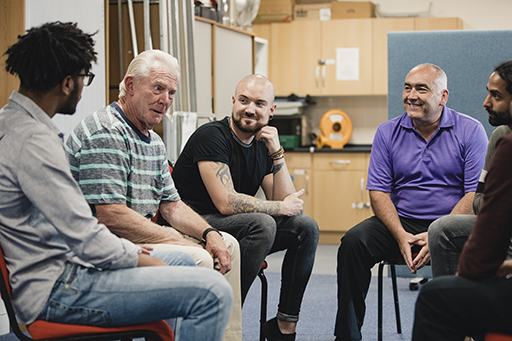2.1 Approaches for social work practice
To assist in tackling social inclusion, social workers need to demonstrate ‘cultural competence’ about the individuals and communities with whom they work. In the case of exclusion brought about and reinforced by poverty, for example, this would involve listening carefully to the accounts of service users themselves and appreciating the subtlety of the impact of the various forces that led them to be and to remain in poverty. This knowledge can help in the development of services that are more nuanced and a better fit for specific individuals and groups. Social workers need to bring an awareness of poverty to the heart of their relationship with service users, including ‘tackling micro aggressions […] using active mediation and advocacy’ (Krumer-Nevo, 2015, p. 1796).
Poverty leads to the deprivation of certain capabilities, which can vary from the fulfilment of basic physical needs such as nourishment and shelter, to ‘more complex social achievements such as taking part in the life of the community, being able to appear in public without shame’ (Sen, 1995, p. 15, in Gupta, 2017, p. 459). It is important therefore for social workers when assessing the potential and capabilities of service users to develop fulfilling levels of independence, to carefully incorporate an understanding of the impact of poverty on their lives, showing solidarity with service users and working in partnership to support their struggle against poverty and to address the exclusion that poverty can cause.

